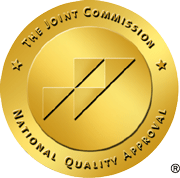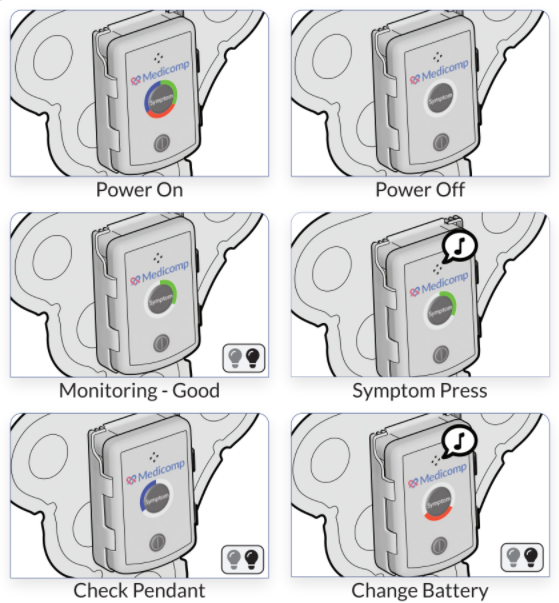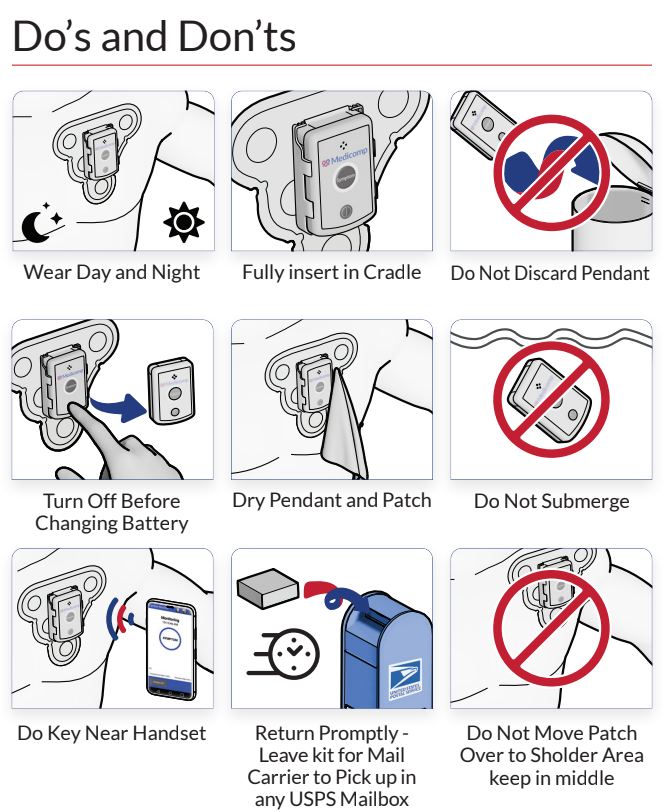If you are experiencing fluctuations in the rhythm of your heart, you’re probably experiencing the presence of a heart arrhythmia. While harmless in most cases, a regular pattern of heart arrhythmia can suggest there’s a harmful, underlying heart problem. Depending on your symptoms and medical history, your doctor has a variety of tests at their disposal to diagnose your arrhythmia.
If there’s no clear underlying condition that’s causing your arrhythmia, then your doctor will likely conduct one of these tests specifically for diagnosing the condition. There’s also a chance you may need a arrhythmia monitoring device if the tests indicate you have arrhythmia.
- Electrocardiogram (ECG) – An ECG is designed to detect and record the electric impulses of your heart. To do this, doctors will attach electrodes to your chest and/or limbs. These sensors will then detect the timing and duration of each heartbeat, which the ECG records. ECGs are becoming less common in practice due to the inconvenience of an overnight stay at the hospital attached to the machine.
- Holter monitor – Essentially the same as an ECG but in a portable form. Doctors will give you the device with instructions on how to handle it and tell you to record your activities in a journal for the doctor to compare with the electrical signals later. This test usually last for no more than a few days.
- Event monitors– Similar to Holter monitors, event monitors are given to patients with sporadic arrhythmias. When you begin to feel symptoms coming on, you simply attach the electrodes and let the monitor record the event. This lets your doctor see the electrical signals at the time of the event.
- Echocardiogram – Instead of picking up electrical impulses like the ECG, this handheld device uses sound waves to create images of your heart’s structure and motion.
All of these tests are extremely noninvasive and can easily diagnose a heart arrhythmia. To find out more about Holter monitors and arrhythmia monitoring, visitReactDx Inc. today.



